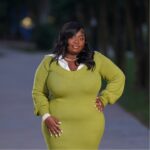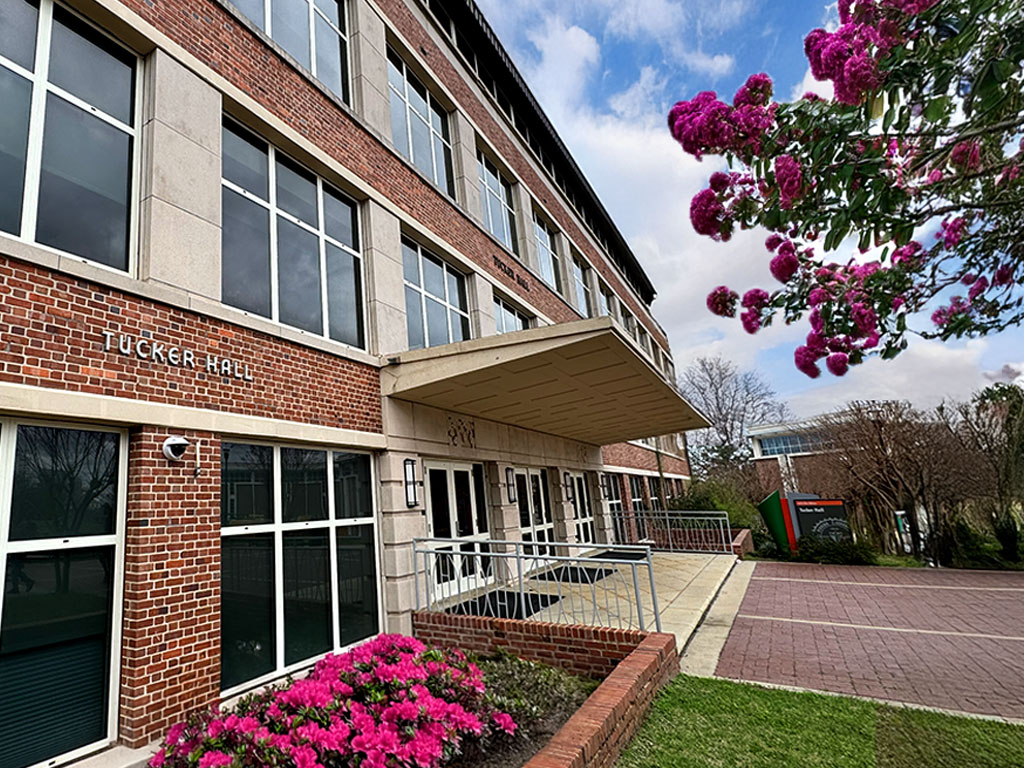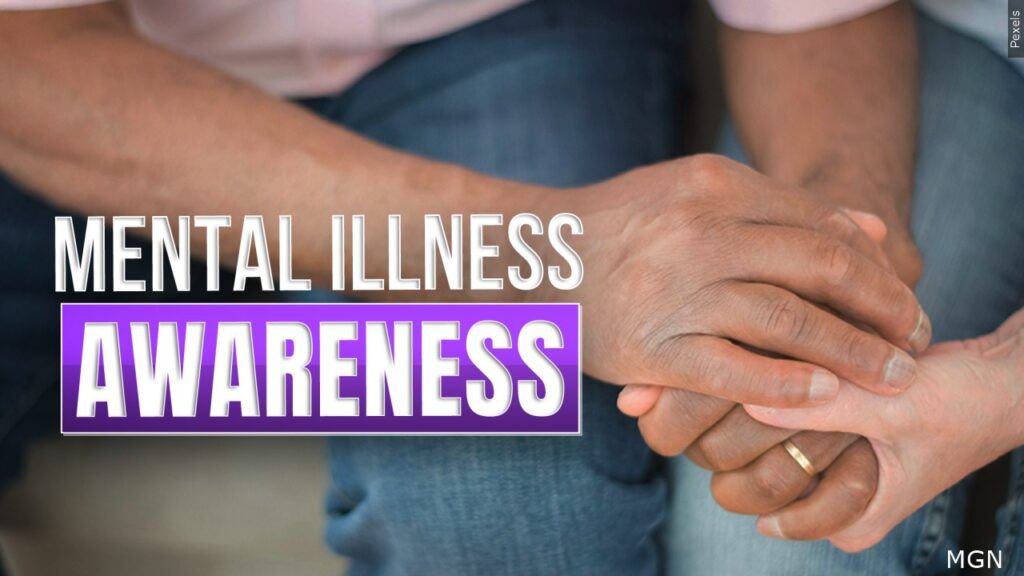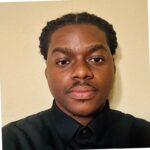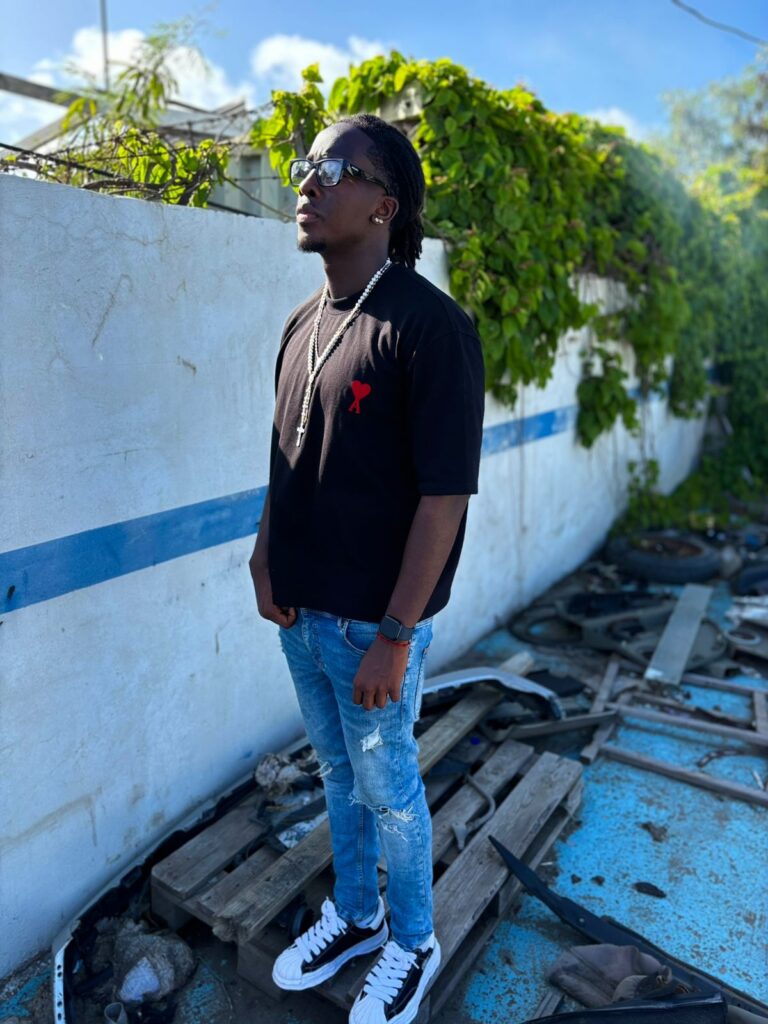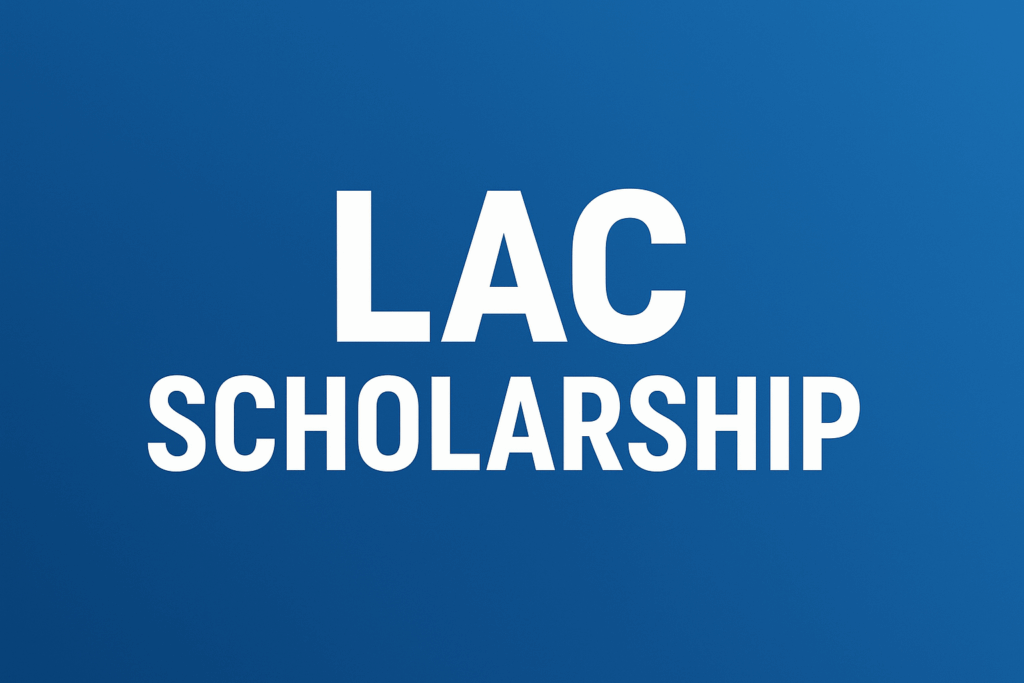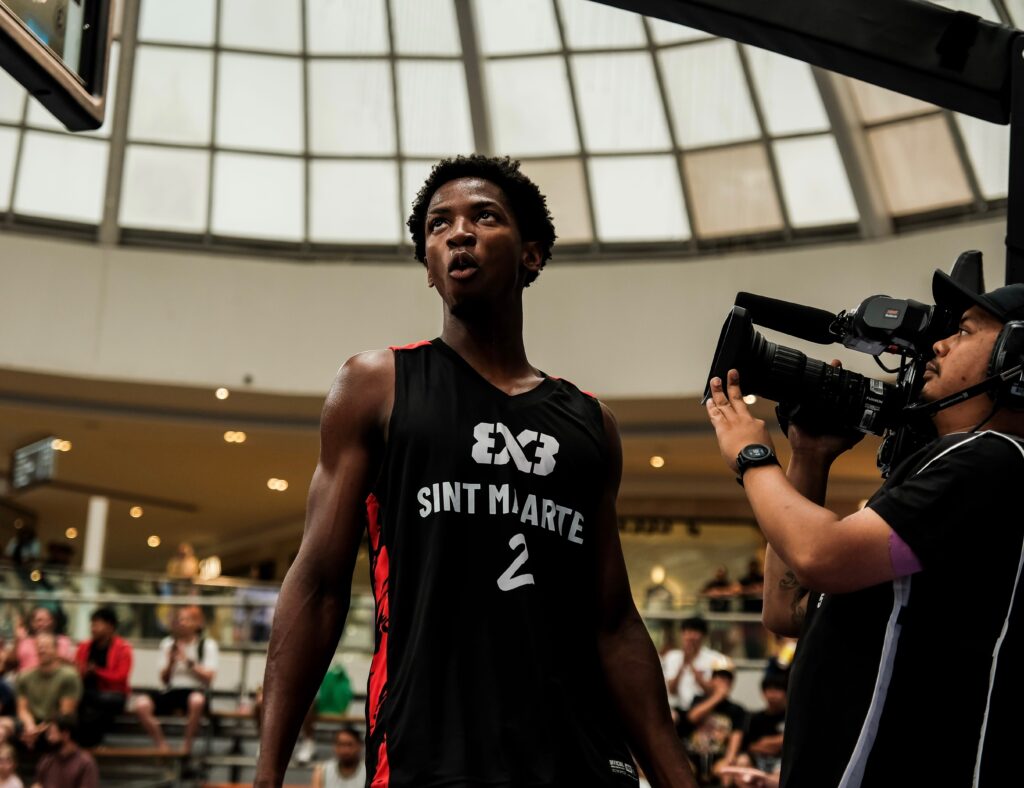The College of Social Sciences, Arts, and Humanities (CSSAH) is the largest college at Florida A&M. Under the leadership of Dean Valencia E. Matthews, CCSAH offers fourteen majors leading to multiple bachelor’s and master’s degrees. It’s a diverse home to writers, artists, philosophers, political innovators, and cultural thinkers. Their motto is “We are the Keepers of the Culture, the Protectors of Freedom, and the Ambassadors of Creativity,” highlighting its dedication to fostering innovation, free will of thought, and cultural expression.
CSSAH serves as a vibrant hub for students seeking to express themselves through critical thinking to innovate the real world. Even students who aren’t in CSSAH find themselves inside it since CSSAH meets not only the general education needs of the university but also the major-specific needs to serve students at every level. Founded in 1887, the College of Social Sciences, Arts, and Humanities has transformed into a dynamic multidisciplinary college offering guidance, inspiration, and amity to students and faculty. Several faculty members express their hopes and dreams for the future of the College of Social Sciences, Arts, and Humanities, amongst the challenges and obstacles of an ever-changing world and the promise to withstand its values.
CSSAH: “The Well-Oiled Machine”
As the largest college on campus, there’s no dispute that the College of Social Sciences, Arts, and Humanities has withstood many changes. However, it continues to uphold its motto and academic excellence. Dr. Veronica Yon, an Associate Professor of English, has worked at FAMU since 1998, totaling 26 years. During her time here, her roles have shifted from visiting assistant professor, Composition Studies director, and director of the Writing Center, and now, for the past three years, she has been the Chair of the Department of English and Modern Languages (DEML) of CSSAH. She is also the advisor for the Alpha Kappa Mu Honor Society. She hopes to continue the formidable legacy of CSSAH by leaving a spirit of excellence, order, and spirit. She quotes that the progress of CSSAH is due to the outstanding leadership of Dean Matthews, who operates the college efficiently as a “well-oiled machine.”
This can be accounted for by the many successful programs and initiatives CSSAH offers. For example, fundraising initiatives like CCSAH Cares assist students with financial difficulties, as financing a college education can be unmanageable for many. Another initiative includes the study abroad trip to France and Spain, led by Dr. Ramos and Professor Voisin last year. The initiative continues as they are looking to recruit students again for the trip to Spain in 2025. CSSAH also organizes career-readiness events like the “What Can You Do with an English Major” seminar organized by Dr. Hudson and Dr. Henry, which provides students with professional insight into the different career paths of former English majors from Florida A&M alumni.
The English Lit Guild has also carried out events like their book club ‘Cover to Cover’ and partnered with the DRS to read to third-graders. CSSAH also hosts The Spring Literary Form, which Shondra Clark chairs. Last year, Jamila Minnicks, author of “Moonrise of New Jessup,” was the guest speaker, and students were given free copies of her book to enjoy. The forum continues as it’s already gearing up for the next forum in March. Dr. Yon leads the ‘Write Your Way Up’ summer camp program. Held this past summer, the program fostered 19 students from Tallahassee, Orlando, Texas, and Atlanta. The program advocates impacting students early on, gearing them up for college, and showing them the value of writing. The program invites them to tour Florida A&M’s illustrious campus, the Writing Center, and the Fab Lab in the College of Education. Dr. Yon recalls how sentimental last year’s program was during a tour of the Black Archives, where each student took an artifact and wrote poems on it. At the end of camp, they each presented it to everyone, including their parents, who were invited.
A Look at the Past with Visions for the Future
The College of Social Sciences, Arts, and Humanities wasn’t always as formidable as it is today. Many years ago, it wasn’t even called the College of Social Sciences, Arts, and Humanities but solely the College of Arts and Sciences. Dr. Lamar Garnes, an Associate Professor of English, recalls this transition from when he began working at Florida A&M as a visiting professor in 2009. He remembers when the English department was staffed not in Tucker Hall but in a portable on-campus.
During his time here, he has seen first-hand the transition of CSSAH, especially the shifts in beliefs regarding teaching. Quoting how there are now more attempts to bring to life ideologies that encourage social courses like Creative Writing. Such courses, he believes, provide students with the opportunity to use their voices to be heard and not dismissed. Acknowledging that a large part of learning is not memorizing or applying concepts but the special interaction between students as they think things through. Hopefully, experiencing how someone else’s thinking can shift their own thinking, especially if they’re being honest and open.
However, the future for CSSAH does not end there. As there have been intellectual shifts amongst faculty and the initiation of new programs, more can still be done. For instance, Dr. Garnes believes there can be more attempts to reconnect CSSAH (particularly the English Department) with other fields like STEM, where much focus is being shined on. He envisions initiatives like a writing track related to environmental or food science geared to specific students interested in writing about those topics. Thus, a collaborative program among professors from different colleges would be created. He quotes his colleague, Dr. Mitchell, suggesting that what needs to happen is a ‘transdisciplinary’ process—a collaboration between disciplines that go beyond what we think of as partnerships. Focusing on how areas of study can be connected will benefit both the professors and students. Essentially, what’s needed and what’s not, including the students in the conversation.
The “C” is for Community: Continuing the Legacy through Awareness
The installment of FAMUly is shared by students, faculty, alums, and the Tallahassee community, and it is very much alive in the College of Social Sciences, Arts, and Humanities. A sense of community is of the utmost importance within CSSAH. Dr. Jenine Hudson, an Assistant Professor of English, the PR Liaison for DEML, and the Co-Advisor for The FAMU Lit Guild, accounts for this as she recalls when she first came to FAMU as a graduate student working on her dissertation. She felt a spiritual reprieve during that stressful time but remembers the Department of English and Modern Languages within the College of Social Sciences, Arts, and Humanities as her refugee and safe space. Loving her students, campus, and institution.
Since then, she has continued loving her work and students, especially for their curiosity, sharpness, and passion. She admires how much they love Florida A&M and its community. Their passion makes her feel as though her work is connected to something bigger. Their love inspires her to continue to advocate for the arts. She hopes to leave knowing that she has helped her students bring back to life the part of their intuition that traditional education kills off—the part that connects passion to labor.
Dr. Hudson continues to advocate for her safe space as she tries to recruit stakeholders and prospective students to the DEML. This is a heavy task since many have trepidation about potential career prospects with a DEML degree because the “big voices” worldwide keep saying there is no work for people in the humanities. She plans to address the very real concerns students and parents have by aiming to establish a network of community members and alums who majored in English. Showcasing how they’re gainfully employed, financially comfortable, and accessible to students through mentoring, shadowing, etc.
An agenda she’s currently carrying out with the DEML seminar previously mentioned, “What Can You Do with An English Major.” As the PR Liaison, she is also working on building up the alumni rolodex and publishing a newsletter, The Write-Up, to share students’ and faculty’s stories. Functioning as the primary administrator over the DEML IG page– is one way for her to do that work. Dr. Hudson hopes to further the legacy of DEML majors within CSSAH by investing in a mandatory internship as their capstone or somewhere in their curriculum to create practical opportunities for students to see their degrees at work.
In hopes to rebut some of that rhetoric, saying there are no applicable skills that one gains from an English degree. She believes there’s no doubt that English majors obtain a mass of useful communication, critical thinking, problem-solving, inter-relational, communication, cultural sensitivity/awareness, and research skills that are applicable in many fields. But more work has to be done than just telling them that. There is a need to establish pathways where they can apply the skills and see it for themselves.
Conclusion: Empowering Leaders for an Evolving World
As the world continues to evolve, so must the culture and the demand for social innovation. In the face of obstacles such as funding and recruitment, the College of Social Sciences, Arts, and Humanities strives to be undefeatable. Its growing community stands at the forefront of this battle, ready to rewrite the opposing stigmatized rhetoric. With its diverse programs, committed faculty, and dedication to its students, CSSAH continues to build up future social leaders for tomorrow’s world, equipping them with the tools to navigate it. The College of Social Sciences remains committed to the legacy of nurturing and shaping the minds of critical thinkers and dreamers—for what is a world without dreams?
